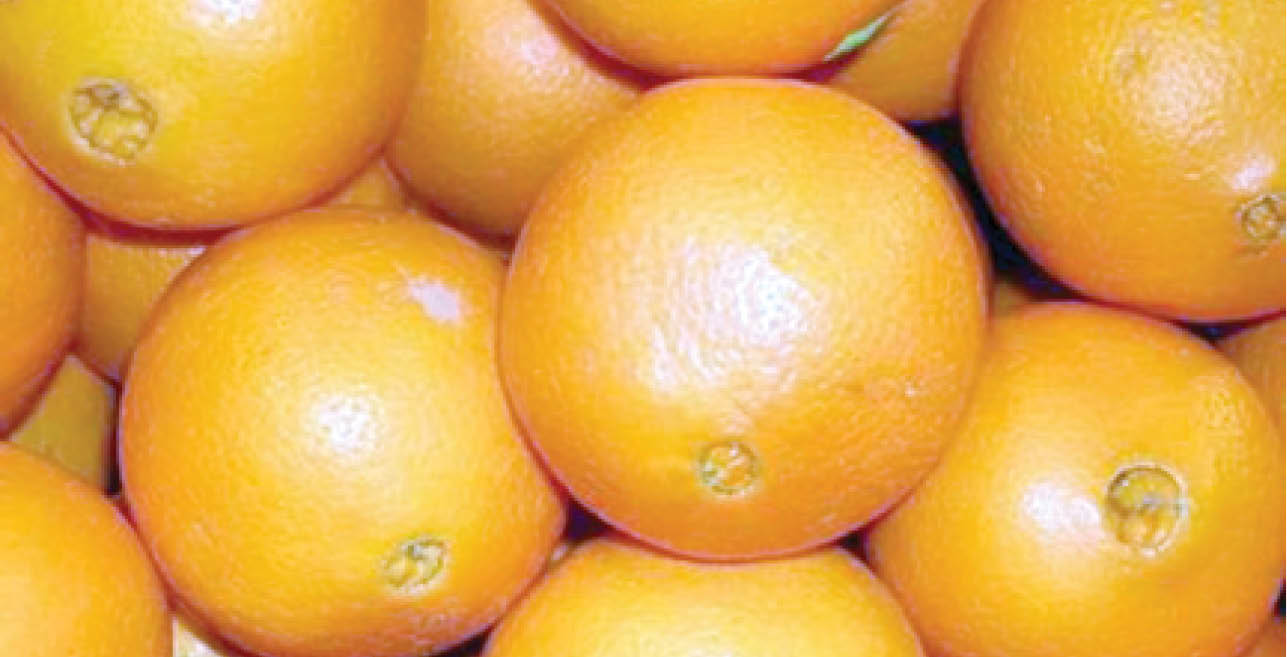How farmers can make money from essential oil yielding plants
…As FG moves to promote production Smallholder farmers and local processors can make more money by growing and processing essential oil yielding plants. Essential oils, also known as volatile oils, are derived from plants like orange, mint, eucalyptus, citronella, pepper mint, lemon grass, clove, lime, spearmint, lavender, rose, cedar wood, among others. They […]

- …As FG moves to promote production
Smallholder farmers and local processors can make more money by growing and processing essential oil yielding plants.
Essential oils, also known as volatile oils, are derived from plants like orange, mint, eucalyptus, citronella, pepper mint, lemon grass, clove, lime, spearmint, lavender, rose, cedar wood, among others.

They are highly concentrated volatile substances extracted from various parts of certain plant species, each with specific therapeutical effects. The volatile liquids are very complex molecular substances and extremely potent.
Essential oil is not actually oil because it contains no fatty substance. It only shares a poor solubility in water with oils.
Essential oils are obtained by several processes, which include steam distillation, cold pressing, extraction or maceration.
Experts believe that if the production of essential oil is given the desired attention, these plants can be easily grown by the farmers, from where the processor can source its oil raw material.
Its uses
Essential oils have various industrial applications. They are used in substantial quantities in food processing and flavoruing industries, most especially in sweet meals factories producing biscuits, cakes, icings, mincemeat, pies and sandwich fillings. Canning factories use them for flavouring and processing fish, meat, sauces and soup. It is also used extensively in the beverage industries, most especially in the soft drink industries as primary inputs, flavouring or additives. It also has a variety of pharmaceutical applications.
The perfumery and cosmetics industries use essential oils as predominant sources of fragrance in perfumery and cosmetic products like creams, lipsticks, lotions, other beauty products. Essential oils are also key raw material for toiletry products, such as baby preparations, bath preparations, laundry soaps, room sprays, deodorants and antiseptics.
Nigeria loses billions to import essential oil – RMRDC
According to a document from the Raw Material Research Development Council (RMRDC), despite the availability of basic raw materials (citrus, eucalyptus plant, lemon grass, flowering plants such as gardenia, ginger, guava) in Nigeria, the production of essential oils is negligible and its bulk used in industries are imported. According to the director-general of the Council, Professor Ibrahim Hussaini Doko, they are imported under HS Code 33, based on industrial applications and product segment.
He said between 2016 and 2017, N61,067,925.00 worth of essential oil produced from orange peels were imported into the country, lemon oil imported within the period was N72,574,109.00.
“Other types of essential oils imported into Nigeria were Mentha oil, N222,655,364.00; other mints oil, N22,154, 035; Citronella oils, N54,665,373.00; Resinoids, N182,292,905.00 and other essential oils of aqueous distillates worth about N566,523,760.00 within the same period respectively,’’ he said.
According to him, this underscores the need to promote investment in the production of essential oils in Nigeria.
Professor Doko said despite the availability of arable land for the production of essential oil yielding plants in Nigeria, more than 95 per cent of essential oils required locally are met through imports. This has led to lack of development in the production of raw materials, processing, packaging and marketing of essential oils in the country.
FG moves to promote local production of essential oil
Experts are of the opinion that essential oil yielding plants can easily be grown and processed by small-holder farmers and processors.
One of the experts, Mr. Sunday Oyefusi, urged the Federal Government to step up efforts that would encourage local production of the oil in the interest of farmers, processors and other actors in the value-chain.
In 2018, the RMRDC, an agency of the Federal Government responsible for the development of raw materials in the country, initiated a project to identify all essential oil producing plants in all the ecological zones in Nigeria.
The project, according to the director-general of the Council, has reached an advanced stage, and when completed, adequate information would be made available to the investing public and farmers on essential oil plant species indigenous to Nigeria.
After this exercise, the Council plans to collaborate with relevant research institutes to isolate and determine the type and quality of essential oils in all the essential oil bearing plant species.
But Professor Doko noted that at present, only ginger had received serious attention as the RMRDC had distributed improved planting materials to farmers in Kaduna State.
Also, farmers have been trained on agricultural best practices for ginger cultivation in the North-West part of the country. This development has led to increase in yield per ha of ginger farms in the state. Work has continued on the production of improved varieties of other plant species that have the oils in adequate and sustainable quantities, he said.
“In our effort to develop essential oils industry in Nigeria, the Council collaborated with the National Research Institute for Chemical Technology (NARICT), Zaria to design and fabricate essential oils extraction plant.
“The Council also partnered with Nasarawa State Polytechnic, Lafia to design and fabricate essential oil extraction plant. The test run for the two plants showed that they are technically feasible and economically viable, with 40 per cent return on investment and a payback period of two to three years. .
“The NARICT plant uses kerosene as fuel and has an output capacity of 0.864L/h while the Nasarawa Poly plant uses gas and has an output capacity of 0.094L/h. Both plants are using eucalyptus and lemon grass as raw materials.
“The Council is presently working with the University of Lagos for a new design and development of a small-scale essential oil extraction plants. The project has reached an advanced stage; and it is my hope that before the end of the year, the locally designed and fabricated essential oil plant would be ready for commissioning,’’ he informed.
